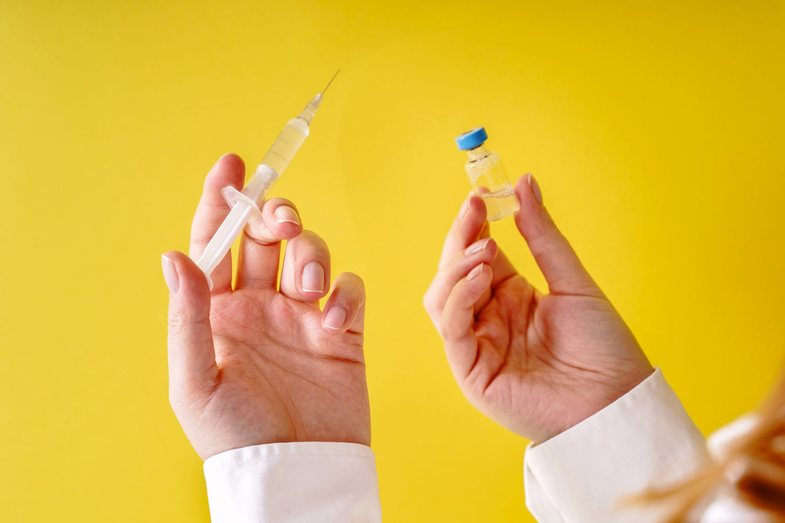
The drug regulator in Europe has denied the link between the Oxford / AstraZeneca vaccine and a rare blood clotting syndrome, after a senior official from the agency said there was a link between them.
In a statement to Agence France-Presse, the European Medicines Agency (EMA) said today that "it has not yet reached a conclusion and that the review is currently ongoing", adding that it is expected to announce its findings on Wednesday. or on Thursday.
Marco Cavaleri, the head of the EMA vaccines, told the Italian newspaper Il Messaggero earlier that in his opinion "we can say now, it is clear that there is a connection with the vaccine ... But we still do not know what causes this reaction ". The regulator then said the vaccine was safe and effective, but added that it could not definitively rule out a link between the vaccine and the rare blood clotting syndrome and so investigations were ongoing.
The World Health Organization, EMA, and the Health and Medical Products Regulatory Agency (MHRA) have stressed that all people should continue to receive the vaccine because the benefits in preventing Covid-19 infection and its complications continue to outweigh any risks.
Most countries have resumed vaccination with the AstraZeneca vaccine, but some - including France, Germany, Italy, Spain, the Netherlands and Canada - have suspended its use in people under 55, 60 or 65 years of age.
In a https://www.anabelmagazine.com/news/56204/studimi-i-fundit-vaksina-e-astrazeneca-s-eshte-79-efektive-dhe-pa-rrezik-per-mpiksje-te-gjakut study in late March, the company AstraZeneca announced that the vaccine is 79% effective in preventing symptomatic disease in a large trial in the US, Chile and Peru.
The vaccine proved 100% effective against serious or critical illness and hospitalization and is safe, the company said, publishing the results of a study of more than 32,000 volunteers in all age groups.
AstraZeneca stressed that the data do not show that the vaccine causes thrombosis of the cerebral venous sinus, which is a rare blood clot in the brain. Addressing the issue that has damaged trust in the vaccine in recent weeks, the company stressed that the vaccine does not cause blood clots.

Sources: Guardian, Agence France-Presse





